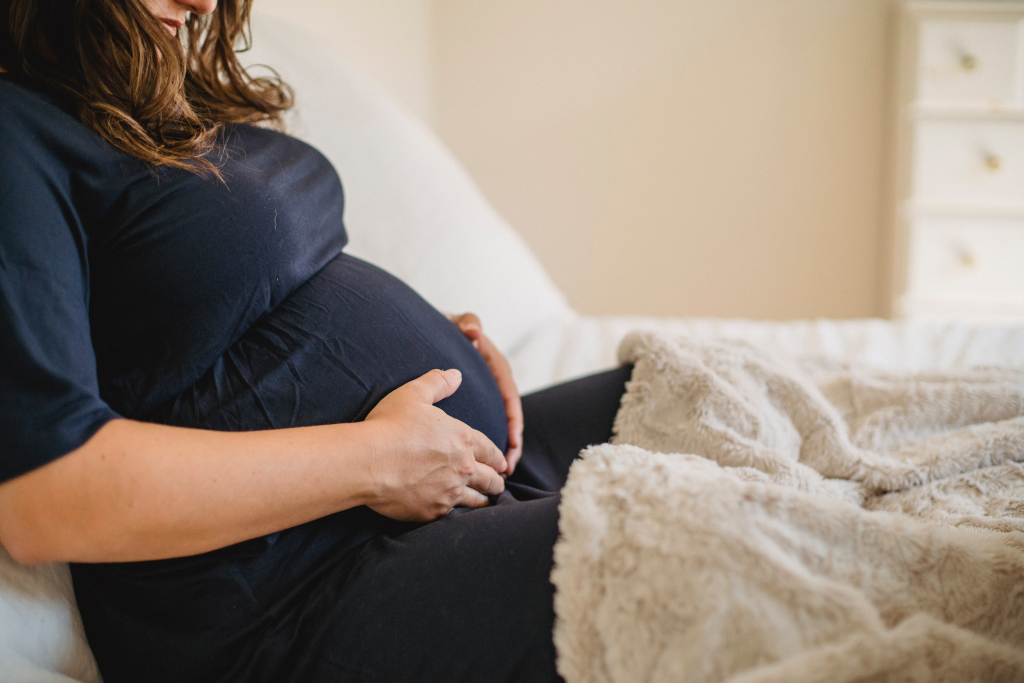
There have been multiple studies over last year showing increased anxiety and depression in certain populations as a result of the COVID-19 pandemic. It is clear that some members of the population may be more susceptible to psychological distress than others. Because pregnant and postpartum women face unique challenges in the context of the COVID-19 pandemic, they may be at increased risk for mental health problems in this setting. A recent study from Archana Basu, PhD and colleagues conducted an international survey to measure post-traumatic stress, depression, and anxiety in a group of pregnant and postpartum women with the goal of identifying pandemic-related behaviors which modulate risk for these symptoms.
An anonymous, online survey of pregnant and postpartum women was conducted in 64 countries between May 26, 2020 and June 13, 2020. The survey, available in twelve languages, was hosted on the website for the International Registry of Coronavirus Exposure in Pregnancy (IRCEP). The survey was advertised in social media channels and in online parenting forums.
Participants provided demographic information and completed questionnaires related to COVID-19 exposure and worries, information seeking, COVID-19 prevention behaviors, and mental health symptoms. Post-traumatic stress was assessed using the 6-item Impact of Event Scale (IES-6), anxiety and depression using the Patient Health Questionnaire (PHQ-4), and loneliness using a 3-item version of the UCLA Loneliness Scale.
Of the 6,894 participants surveyed, a substantial proportion of pregnant and postpartum women reported elevated symptoms of post-traumatic stress (43%), anxiety and depression (31%), and loneliness (53%). Women exhibiting higher frequency of Information seeking (five or more times per day) from any source (e.g., social media, news, talking to others) were more than twice as likely to report elevated post-traumatic stress and anxiety/depression. For all types of information seeking, there was a dose-response relationship between information seeking frequency and risk of post-traumatic stress and anxiety/depression symptoms.
Most women (86%) reported being somewhat or very worried about COVID-19. Most commonly they reported worries related to pregnancy and delivery in the context of the pandemic (59%), the baby contracting COVID-19 (59%), not having a support person during delivery (55%), and COVID-19 causing changes to the delivery plan (41%).
Women with higher levels of worry, particularly child-related worries (i.e., inadequate childcare, their infection risk), were more likely to experience post traumatic stress (OR = 4.75, 95% CI: 3.34, 6.87) and depression/anxiety (OR = 1.51, 95% CI: 1.09, 2.13). In contrast, engaging in hygiene-related COVID-19 prevention behaviors, such as wearing a face mask, washing hands, and disinfecting surfaces, did not increase risk for post-traumatic stress or depression/anxiety. However, distancing and stockpiling behaviors, as well as canceling doctor’s appointments, were associated with increased risk for post-traumatic stress.
Supporting Pregnant and Postpartum Women During the Pandemic
The current international survey demonstrates that pregnant and postpartum women are more likely to report elevated symptoms of depression, anxiety, and post-traumatic stress than others in the general population in the context of the COVID-19 pandemic. Although many women report increased anxiety during pregnancy and the postpartum period, the number of women reporting significant psychological distress during the pandemic is much higher than observed in studies carried out before the pandemic. Excessive information seeking and increased levels of worry — especially child-related worries — were associated with elevated symptoms, although engaging in hygiene-related preventive measures were not.
Because high levels of distress experienced during pregnancy and the postpartum period may negatively affect maternal and child outcomes, it is important that we screen for mental health symptoms in pregnant and postpartum women and provide additional support, when needed. In this context, interventions which target loneliness (e.g., online support groups), decrease information seeking, and provide alternative coping behaviors may be considered.
Ruta Nonacs, MD PhD
Basu A, Kim HH, Basaldua R, Choi KW, Charron L, Kelsall N, Hernandez-Diaz S, Wyszynski DF, Koenen KC. A cross-national study of factors associated with women’s perinatal mental health and wellbeing during the COVID-19 pandemic. PLoS One. 2021 Apr 21; 16(4):e0249780. Free article.
